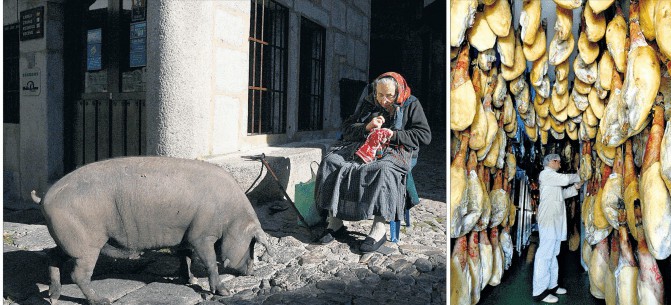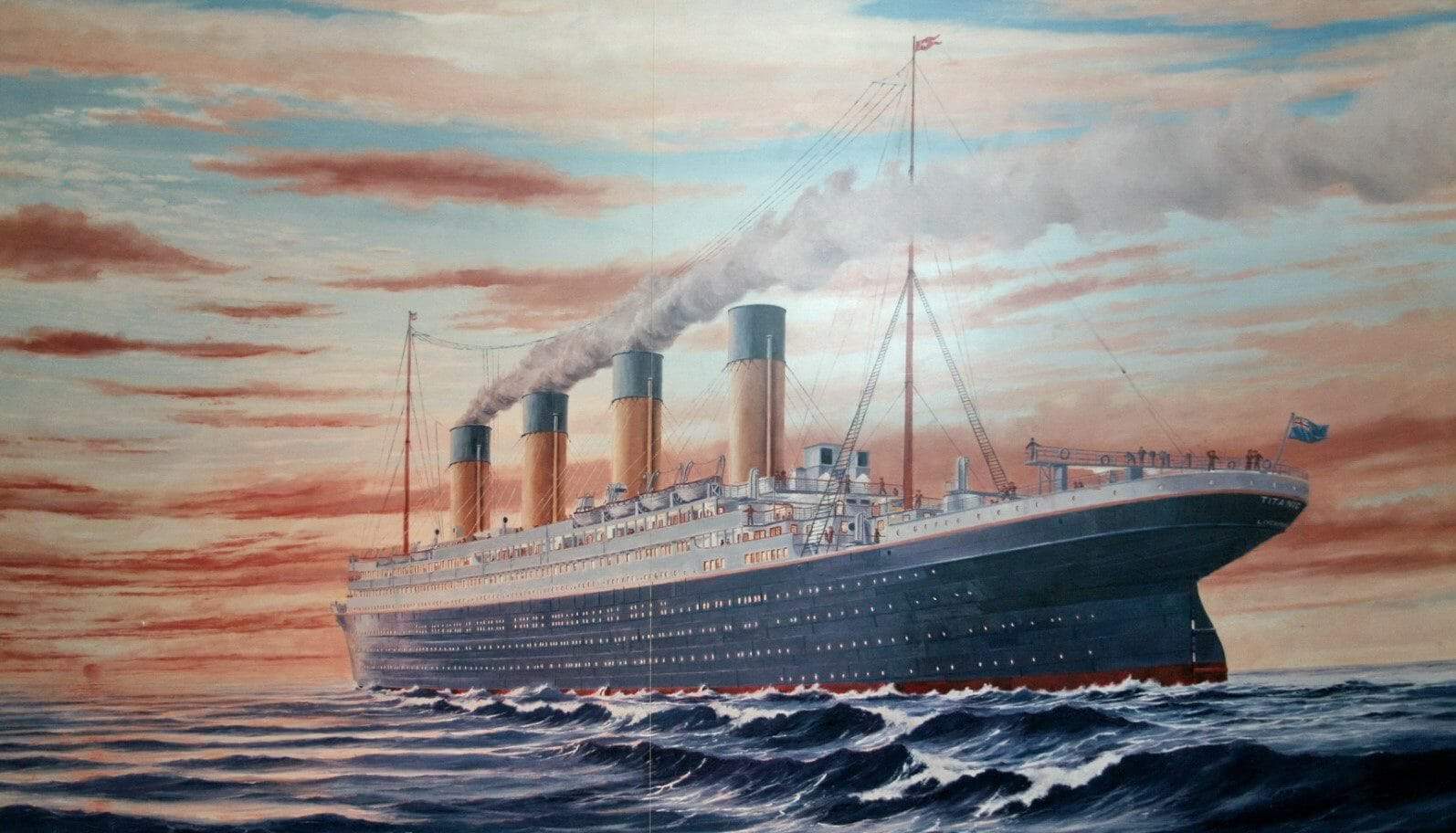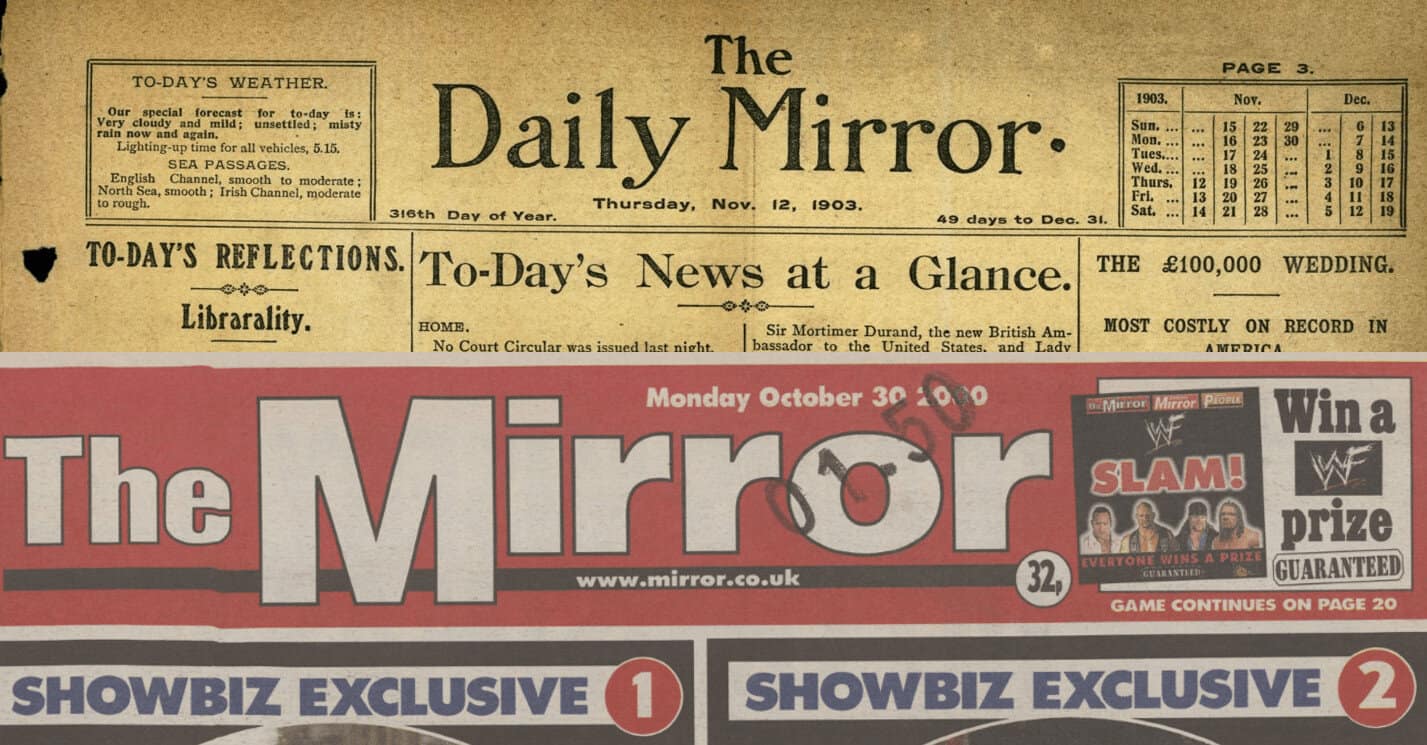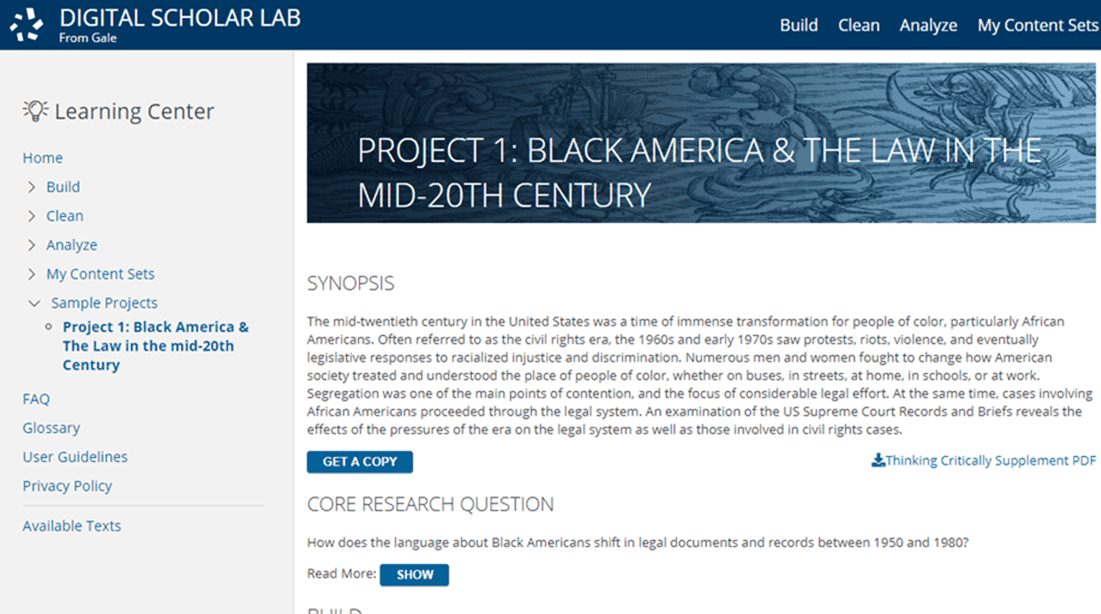│By Pauli Kettunen, Gale Ambassador at the University of Helsinki│
As I have previously emphasised here on The Gale Review, students have much to gain from using primary source archives. And not just for minor assignments – in this post Lily Deans from the University of Birmingham explained how she used Gale Primary Sources in her final-year dissertation. Developing on this, I now want to spotlight how Gale Primary Sources is extensively used by our lecturers as well – it really is bona fide research material! In this post, I interview Alejandro Gómez del Moral, Ph.D., a University Lecturer of Economic and Social History at the University of Helsinki. He is using Gale Primary Sources in his current research project and was willing to share his thoughts with me. Due to the pandemic, we had our discussion on a video call, and Gómez del Moral was quick to mention how glad he was that these digital sources are still available for his research while many physical locations are closed.










